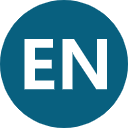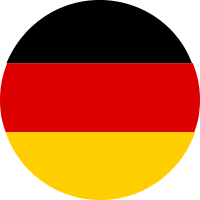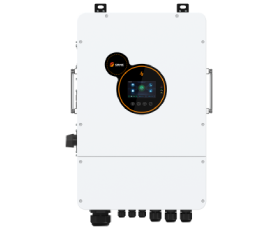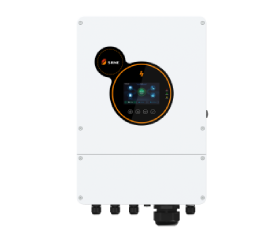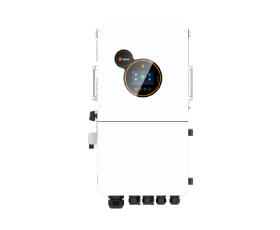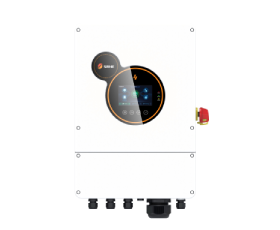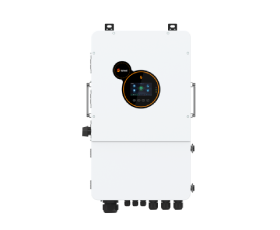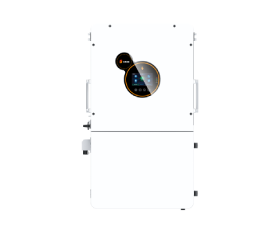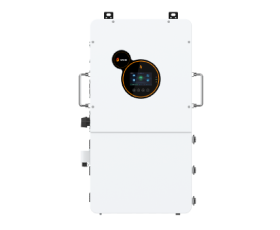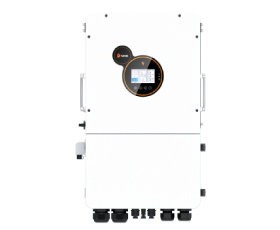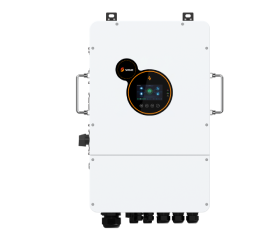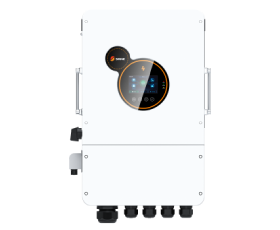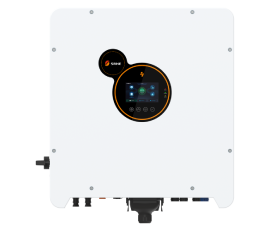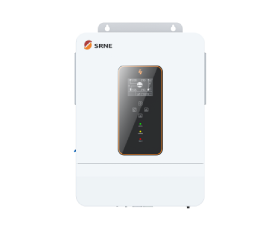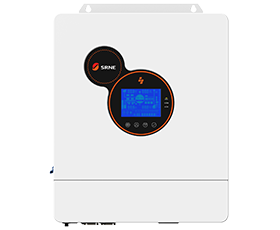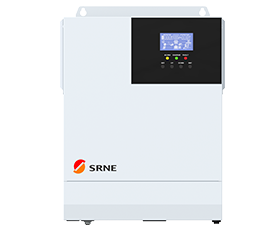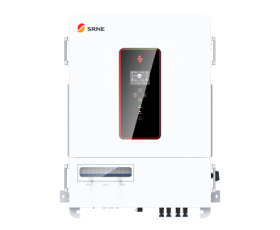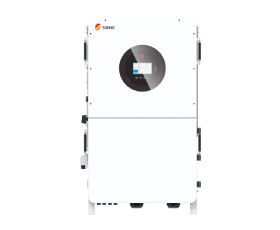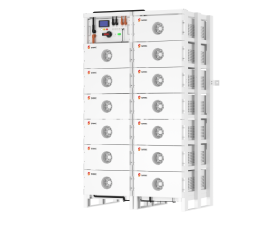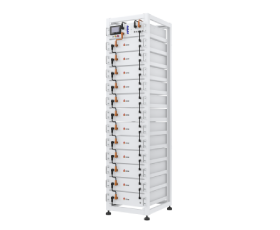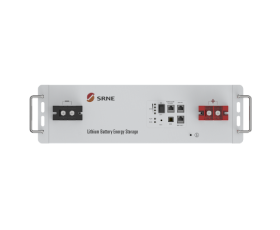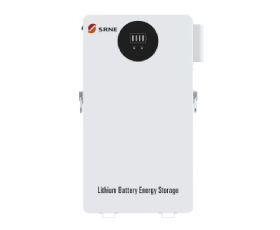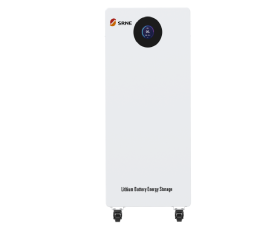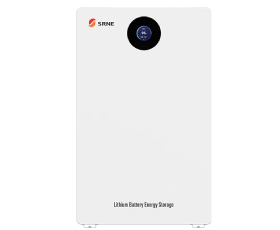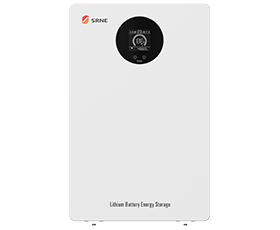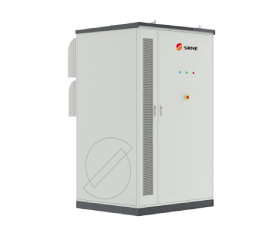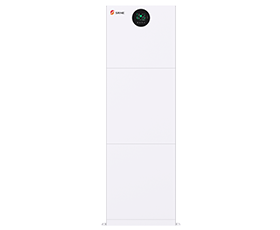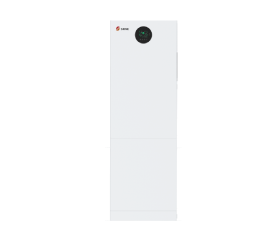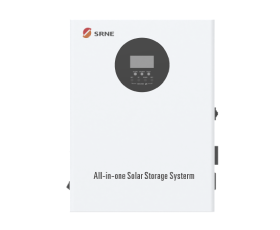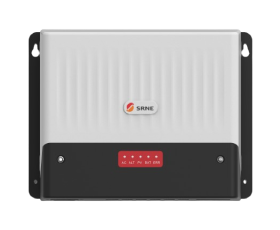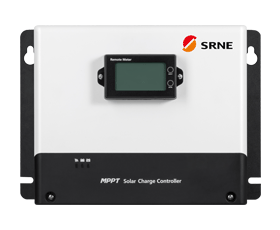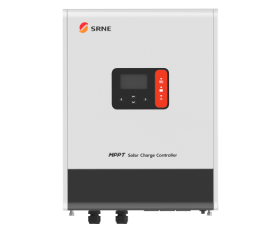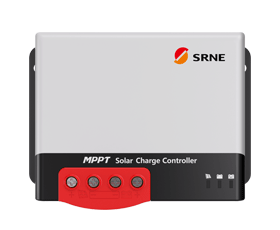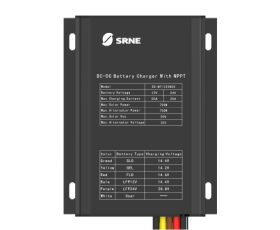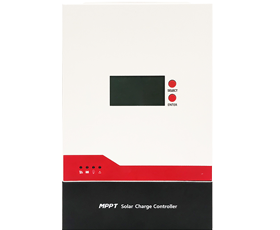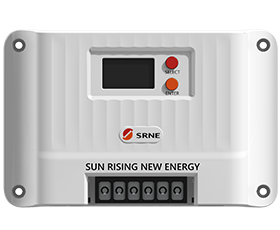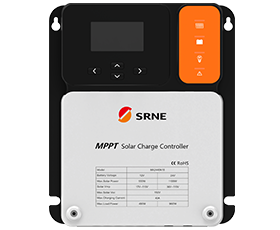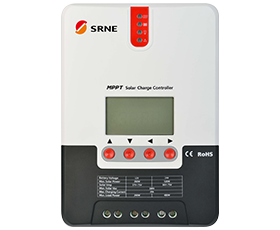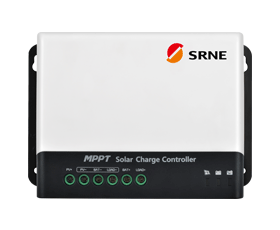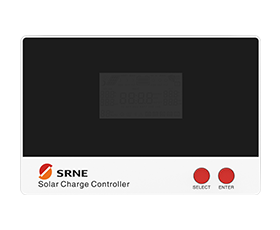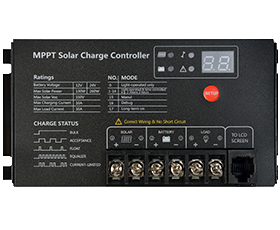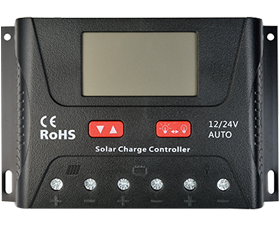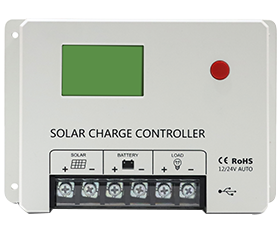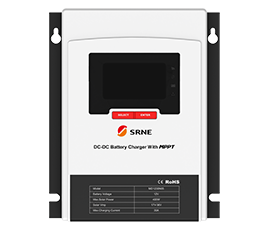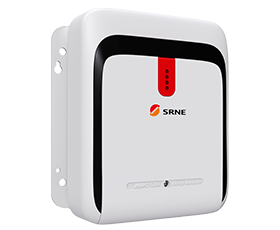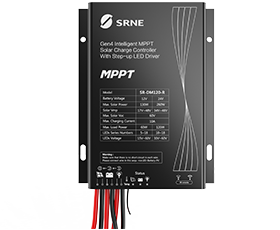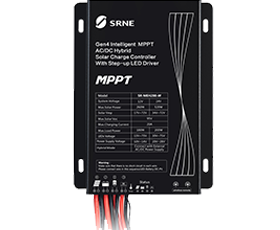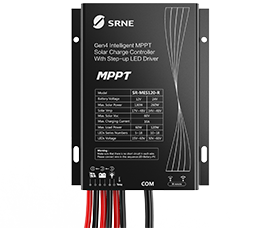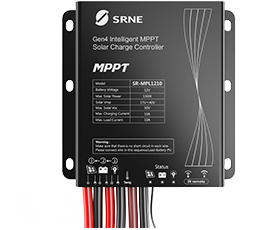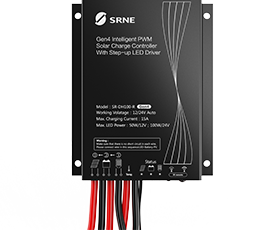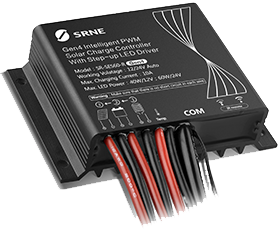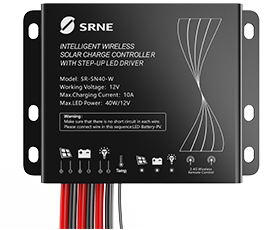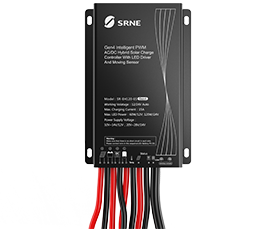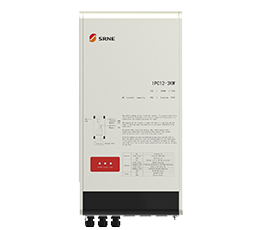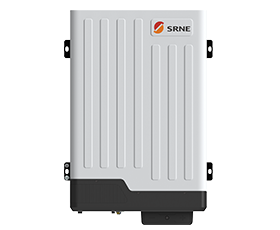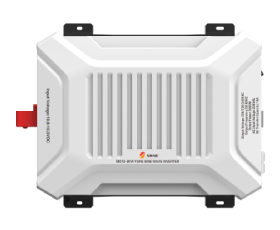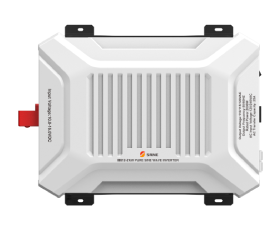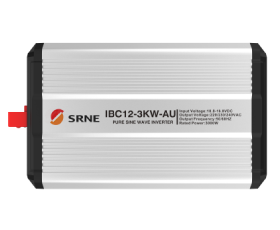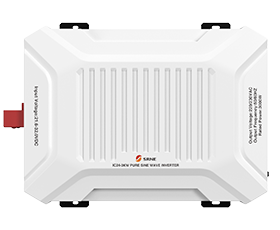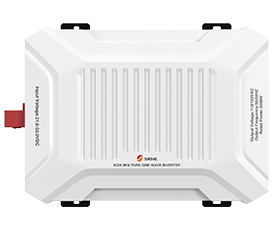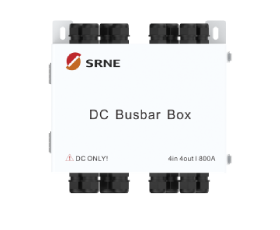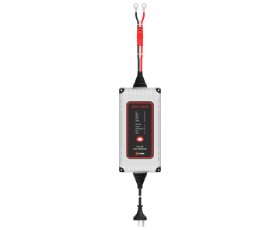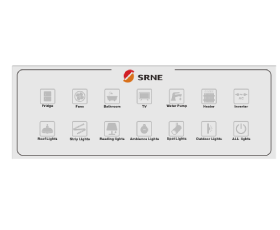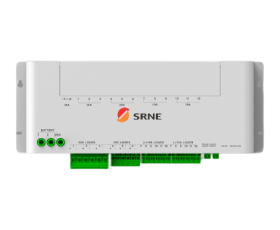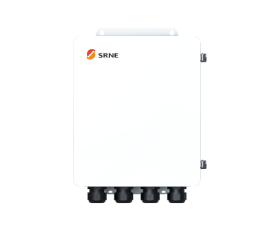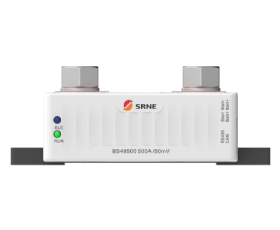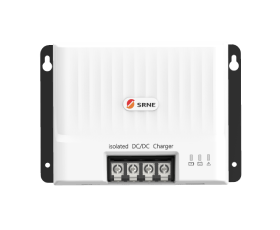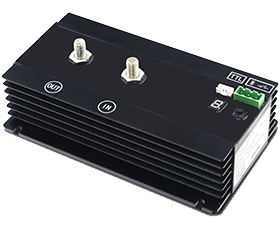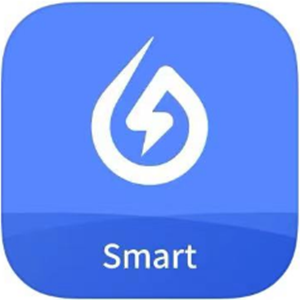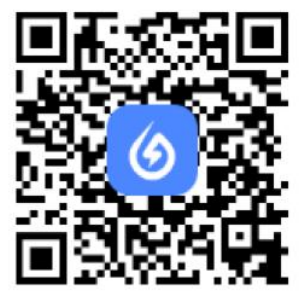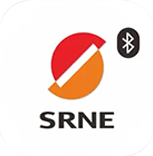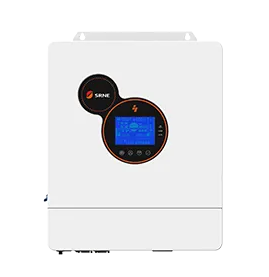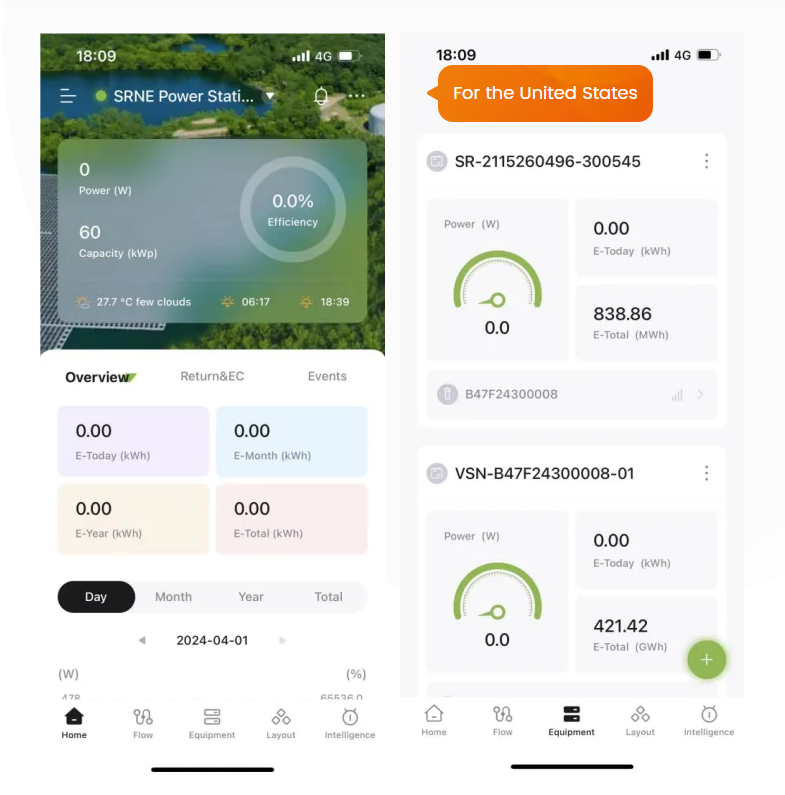The Future of Solar Inverters: Smart Technology and Energy Storage Integration
Solar energy has become a cornerstone in the transition to renewable energy, and at the heart of every solar power system is the solar inverter. These devices play a crucial role in converting the direct current (DC) electricity generated by solar panels into alternating current (AC) electricity that can be used by homes, businesses, and fed into the grid. With the rapid advancement of solar technology, RSEN is at the forefront of these innovations, particularly in the areas of smart inverters and energy storage integration. These innovations not only enhance energy efficiency but also open up new possibilities for energy management and optimization.
The Role of a Solar Inverter
Solar inverters are an essential component of solar power systems. While the primary function of a solar inverter is to convert DC to AC electricity, the future of these devices lies in their ability to do much more. The next generation of solar inverters, championed by RSEN, will be integral to energy storage, real-time monitoring, and advanced grid interaction.
Traditional inverters were limited to the conversion process, but RSEN is helping to lead the transition toward smart technology, where inverters can manage energy more dynamically, monitor system performance, and seamlessly integrate with energy storage solutions.
Smart Inverters: The Next Frontier
Smart inverters represent a new generation of solar technology that RSEN is proud to be part of. These inverters offer advanced features like real-time monitoring, dynamic grid support, and self-diagnosis. By integrating smart technology, RSEN's inverters enable users to manage their energy more efficiently, track performance, and detect potential issues before they escalate.
One of the key advantages of smart inverters is their ability to communicate with the grid and adjust their output to ensure optimal energy flow. This grid-support functionality allows smart inverters to help maintain grid stability by controlling the flow of electricity, preventing surges and power outages during peak demand periods. This capability is essential as renewable energy sources, like solar, become more prominent in the energy landscape.
Additionally, RSEN's smart inverters allow users to access real-time data about their energy system, providing insights into how much energy is being generated, consumed, and exported to the grid. This data is available via user-friendly mobile apps or web platforms, empowering homeowners and businesses to optimize their energy consumption based on current production and demand.
Real-Time Monitoring and Control
The ability to monitor and control solar energy systems in real-time is one of the most significant advancements in modern inverters. With RSEN's smart inverters, users can track the performance of their solar system at any time, from anywhere. Through cloud-based platforms, these systems offer comprehensive insights into how energy is being utilized, making it easier to optimize usage and identify inefficiencies.
By providing real-time monitoring, RSEN ensures that its customers are always aware of their system's health and performance. For example, if an inverter detects a drop in efficiency or identifies an issue that could impact power generation, the system can send an alert, allowing users to take corrective action immediately. This level of proactive management can prevent costly repairs, reduce downtime, and extend the lifespan of the solar system.
Real-time control also enables users to adjust energy consumption patterns based on current energy production. During periods of high solar output, for instance, excess energy can be stored for later use or exported to the grid, ensuring that no energy is wasted. This ability to optimize energy usage on the fly is transforming how both residential and commercial solar systems operate.
Advantages for Homeowners and Businesses
The integration of smart technology and energy storage in solar inverters provides a host of benefits for both homeowners and businesses. RSEN is committed to delivering solutions that maximize these benefits by offering advanced energy management features that help users reduce costs, improve energy efficiency, and enhance energy security.
For homeowners, RSEN's smart inverters offer the ability to monitor energy usage, adjust consumption patterns, and store energy for later use. This can lead to significant reductions in electricity bills and greater energy independence. For businesses, RSEN provides scalable solutions that improve operational efficiency, reduce peak energy costs, and enhance sustainability efforts. By leveraging real-time monitoring and energy storage integration, businesses can optimize their energy usage and contribute to a greener future.
Moreover, the ability to access real-time data and insights helps both homeowners and businesses avoid costly repairs and extend the lifespan of their solar systems. Predictive maintenance features allow users to address potential issues before they become critical, ensuring that the system is always running at peak performance.
The Future of Solar Inverters
Looking to the future, RSEN is focused on pushing the boundaries of solar inverter technology. As solar energy continues to grow, so too will the need for intelligent, autonomous systems that can adapt to changing energy demands. The next generation of solar inverters will likely incorporate artificial intelligence (AI) and machine learning capabilities, enabling systems to predict energy consumption patterns and optimize energy production accordingly.
Additionally, RSEN is exploring the potential of blockchain technology to enable decentralized energy trading. In this model, homeowners and businesses could sell excess solar energy directly to other consumers or the grid, creating a more flexible and dynamic energy marketplace.
We can also expect tighter integration between solar inverters and smart home systems in the near future. By connecting solar inverters with other home automation devices, users will be able to manage their entire energy ecosystem from a single platform, optimizing both energy production and consumption.
Conclusion
The future of solar inverters is bright, and RSEN is leading the way with its innovative approach to smart technology and energy storage integration. By enhancing the capabilities of solar inverters, RSEN is not only improving the efficiency and reliability of solar power systems but also helping users take control of their energy usage.
With RSEN's smart inverters, homeowners and businesses can benefit from real-time monitoring, energy storage integration, and advanced grid interaction, ensuring a more sustainable and cost-effective energy solution. As solar technology continues to evolve, RSEN remains committed to providing cutting-edge solutions that meet the energy needs of today and tomorrow.
Editor's Note:
You can learn more about solar inverters or other advice in other blogs:
The Role of Home Power Inverters in Off-Grid Living
Discuss how home power inverters are essential for off-grid living. Cover topics such as system design, choosing the right inverter, and maintaining independence from the grid.
Maximizing Backup Power: Integrating Generators with Home Power Inverters
Explain how to combine generators with home power inverters for enhanced backup power solutions. Cover the technical aspects, safety considerations, and benefits of such integration.



